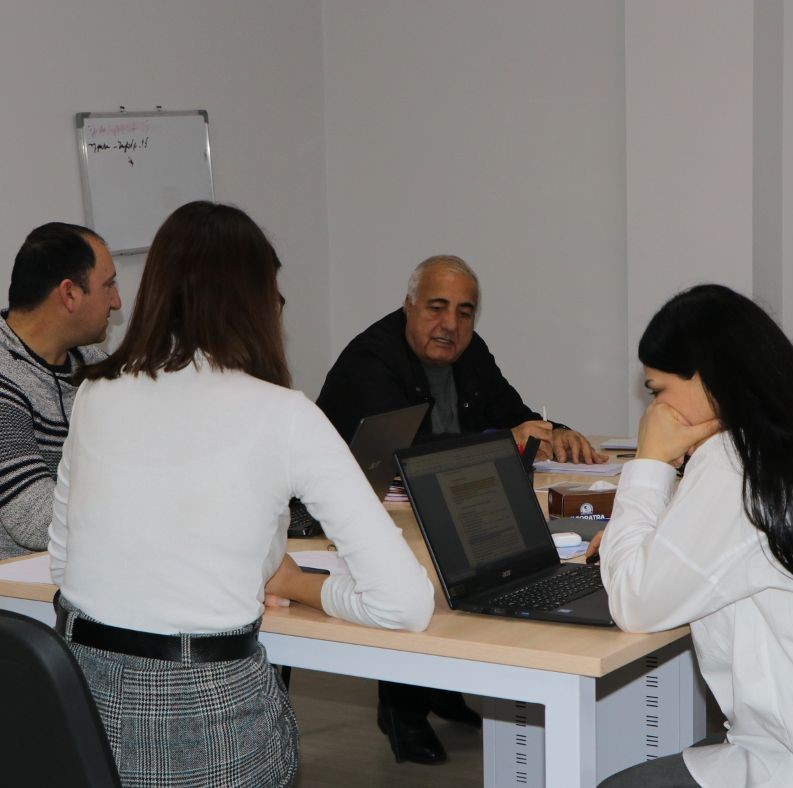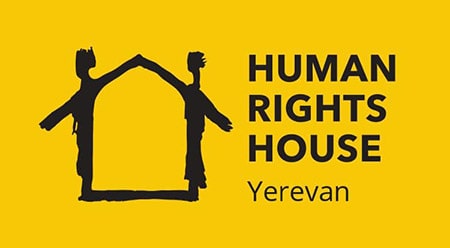
The scale of COVID-19 pandemic and its impact have naturally caused uncertainty and anxiety across the globe, including the Yezidi community in Armenia. Social isolation, economic instability and many more led to mental health suffering and outlined the need for legal and psychological support. Yezidi Center for Human Rights (YCHR) based in Yerevan played an important role within this crisis. Thanks to the financial support received from the European Union (EU) in the scope of the Project “COVID-19: Civil Society Resilience and Sustainability”, implemented by ERIM and Human Rights House Yerevan in Armenia, YCHR countered the issue by providing the relevant assistance for more than 300 representatives of the community. People of vulnerable groups, including single mothers, people with disabilities, and pensioners, were supported to deal with the negative consequences of the pandemic and build long-term resilience. As a result, 210 people received legal support, while 110 people, mostly women, benefitted from psychological assistance. 
Yezidi Center for Human Rights is a Human Rights defender organization aimed to protect the rights of ethnic minorities in Armenia based on fundamental human rights and freedoms. The organization works to ensure meaningful and effective inclusion of ethnic minorities to the political, social, and cultural life of the country.
An in-depth research on human rights violations, conducted by YCHR in the scope of the above-mentioned Project, revealed that many Yezidi people from vulnerable groups in Armenia needed legal and psychological support. Their challenges amid the pandemic were related to different aspects, such as labor rights, the right to health, the right to property, etc. That’s where YCHR got involved to offer them opportunities to better deal with socio-economic situation and psychological well-being. 
“In Yezidi communities, it is not common to apply for psychological help and due to this, many psychological traumas turn into more serious problems. We have worked with people with deep psychological traumas and the positive changes are already tangible”, notes Susanna Sultanyan, the psychologist of YCHR.
This project had a multiplier effect: supported beneficiaries shared their positive experience among other Yezidi people, leading to more people seeking for psychological support both individually and in group meetings. This has been a success story not only for the project but for Yezidi people as a whole.


